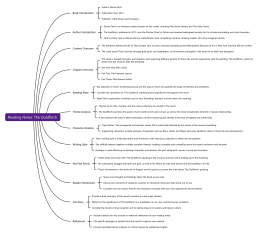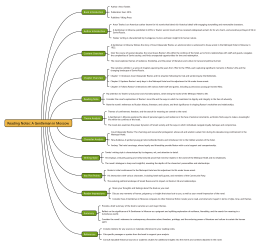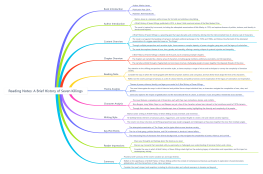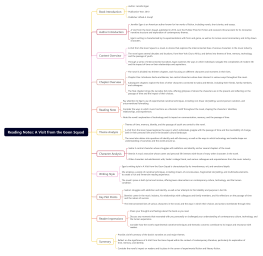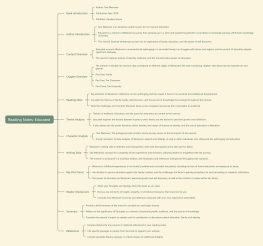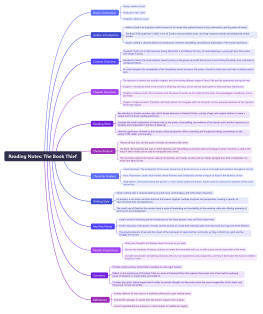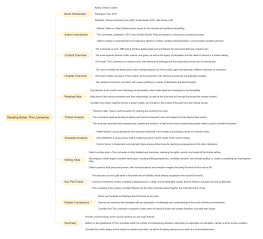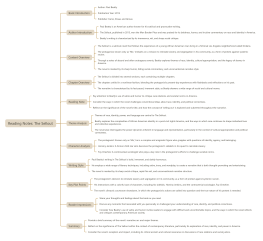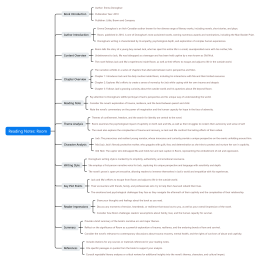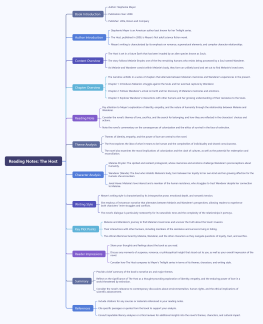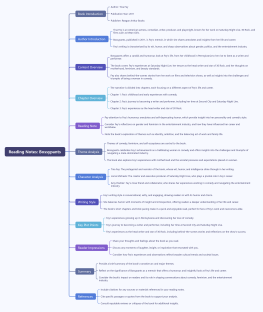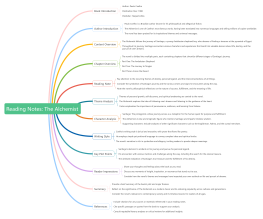The Glass Castle-Jeannette Walls: Book Summary
2024-07-19 14:39:49 328 0 Report 0
0
Login to view full content
Jeannette Walls' memoir, The Glass Castle, published in 2005 by Scribner, offers a compelling narrative of her unconventional and often tumultuous upbringing. Walls, an acclaimed American author and journalist, recounts her childhood experiences growing up in a nomadic and impoverished family. Her parents, Rex and Rose Mary Walls, were unconventional and often neglectful, leading to a challenging and unstable upbringing for Jeannette and her siblings. Despite these hardships, Walls finds strength and resilience, ultimately building a better life for herself. The memoir is divided into chapters, each detailing different episodes and stages of Walls' childhood and adolescence. Key themes include family dynamics, poverty, resilience, and the complexities of social class and the American Dream. Walls' candid and evocative writing style, balanced with moments of humor and heartbreak, invites readers to empathize with her journey and reflect on their own lives. The narrative explores Walls' relationships with her parents, particularly her father's struggles with alcoholism and her mother's unconventional behavior. It also delves into Walls' journey towards self-discovery and independence, culminating in her decision to leave her family and build a better life. Readers are encouraged to pay attention to Walls' portrayal of her family dynamics and the impact of her upbringing on her personal development. Themes of resilience, forgiveness, and self-discovery are central to the memoir, making it a poignant and engaging read. The Glass Castle remains a testament to the complexity and resilience of the human experience, resonating with readers and reflecting broader social and cultural issues.
Other creations by the author
Outline/Content
Book Introduction
Author: Jeannette Walls
Publication Year: 2005
Publisher: Scribner
Author Introduction
Jeannette Walls is an American author and journalist known for her memoir, The Glass Castle.
Walls began her career in journalism, working for publications such as New York Magazine and MSNBC.
The Glass Castle, published in 2005, is Walls' memoir of her unconventional and often tumultuous upbringing.
Content Overview
The Glass Castle recounts Walls' childhood experiences growing up in a nomadic and impoverished family.
Walls' parents, Rex and Rose Mary Walls, were unconventional and often neglectful, leading to a challenging and unstable upbringing for Jeannette and her siblings.
Despite the hardships she faced, Walls ultimately finds strength and resilience in her determination to build a better life for herself.
Chapter Overview
The narrative is divided into chapters, each chronicling different episodes and stages of Walls' childhood and adolescence.
Chapter 1: Introduces Walls' family and their unconventional lifestyle, living in poverty and constantly on the move.
Chapter 2: Describes Walls' experiences with her father, Rex, and his struggles with alcoholism and erratic behavior.
Chapter 3: Explores Walls' relationship with her mother, Rose Mary, and the challenges of growing up in a dysfunctional household.
Reading Note
Pay attention to Walls' candid and unsparing portrayal of her family dynamics and the impact of her upbringing on her personal development.
Consider the themes of resilience, forgiveness, and self-discovery that emerge throughout the memoir.
Note Walls' reflective and introspective writing style, which invites readers to empathize with her experiences and reflect on their own lives.
Theme Analysis
Themes of family, poverty, and resilience are central to the memoir.
The Glass Castle explores the complexities of family relationships and the lasting effects of childhood trauma.
The memoir also delves into issues of social class and the American Dream, challenging traditional notions of success and happiness.
Character Analysis
Jeannette Walls: The protagonist and narrator of the memoir, whose journey towards self-discovery forms the heart of the story.
Rex Walls: Walls' father, whose charismatic but erratic behavior has a profound impact on his children's lives.
Rose Mary Walls: Walls' mother, whose unconventional parenting style and artistic pursuits often clash with the responsibilities of raising a family.
Writing Style
Walls' writing style is candid, evocative, and imbued with a sense of resilience and hope.
She skillfully balances moments of humor and heartbreak, creating a narrative that is both poignant and engaging.
The memoir's non-linear structure and reflective tone add depth and complexity to Walls' storytelling, inviting readers to empathize with her journey.
Key Plot Points
Walls' childhood experiences living in poverty and constantly on the move with her family.
Her relationship with her parents, particularly her father's struggles with alcoholism and her mother's unconventional behavior.
Walls' journey towards self-discovery and independence, culminating in her decision to leave her family and build a better life for herself.
Reader Impressions
Share your thoughts and feelings about the memoir as you read.
Discuss any moments of empathy, revelation, or catharsis that resonated with you.
Consider how Walls' experiences and insights reflect broader social and cultural issues, and their relevance to your own life.
Summary
Provide a brief summary of the memoir's narrative arc and major themes.
Reflect on the significance of The Glass Castle as a portrait of resilience, forgiveness, and the enduring power of the human spirit.
Consider the memoir's impact on readers and its enduring relevance as a testament to the complexity and resilience of the human experience.
References
Include citations for any sources or materials referenced in your reading notes.
Cite specific passages or quotes from the memoir to support your analysis.
Consult reputable reviews or critiques of the memoir for additional insights.
0 Comments
Next page
Recommended for you
More

